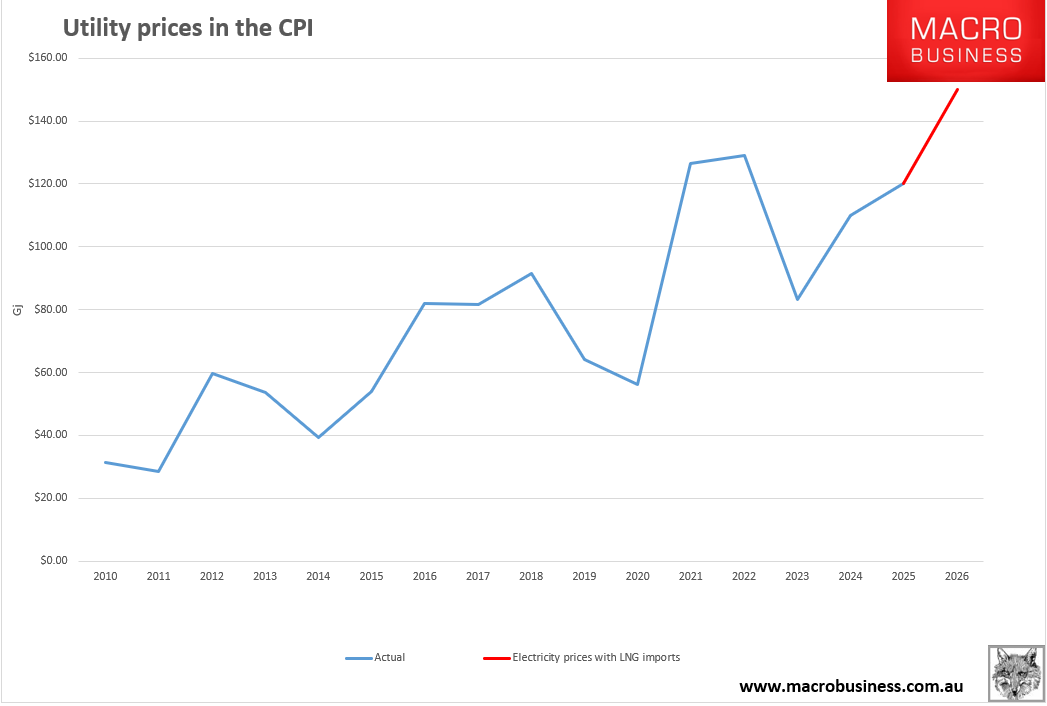Honestly, if everybody is happy to take this, then they deserve it. AFR.
Prime Minister Anthony Albanese has ruled out watering down foreign investment rules despite criticism from Beijing but reassured Chinese gas companies that supply contracts won’t be cancelled should the government establish an east coast gas reservation.
Chinese fears over a potential threat to shipments of liquefied natural gas echo similar concerns from the Japanese government and industry about the mooted gas reservation and emerged when the prime minister met senior Chinese leaders including President Xi Jinping in Beijing on Tuesday.
China takes 40% of Eastern Australian gas output. Australia uses roughly 24%. Japan takes virtually zero.
Yes, you read that right.
This so-called “trade” is nothing more than an imperial land grab by Beijing that makes Australia nothing.
In turn, it means that Australian households and businesses are massively subsidising Chinese gas usage.
That Albo the groveller is busy reassuring his Daddy that he won’t stop it is as perverse as it is treasonous.
China takes roughly 70% of East Coast LNG “exports”.

Because gas sets the marginal cost of electricity, your PM is literally robbing you on behalf of the CCP.

Peter Dutton’s election gas reservation policy made it entirely clear that we could use spot gas to resolve this issue without affecting contracts.
But, frankly, if we are going to break a contract, then China is the only rational choice.

